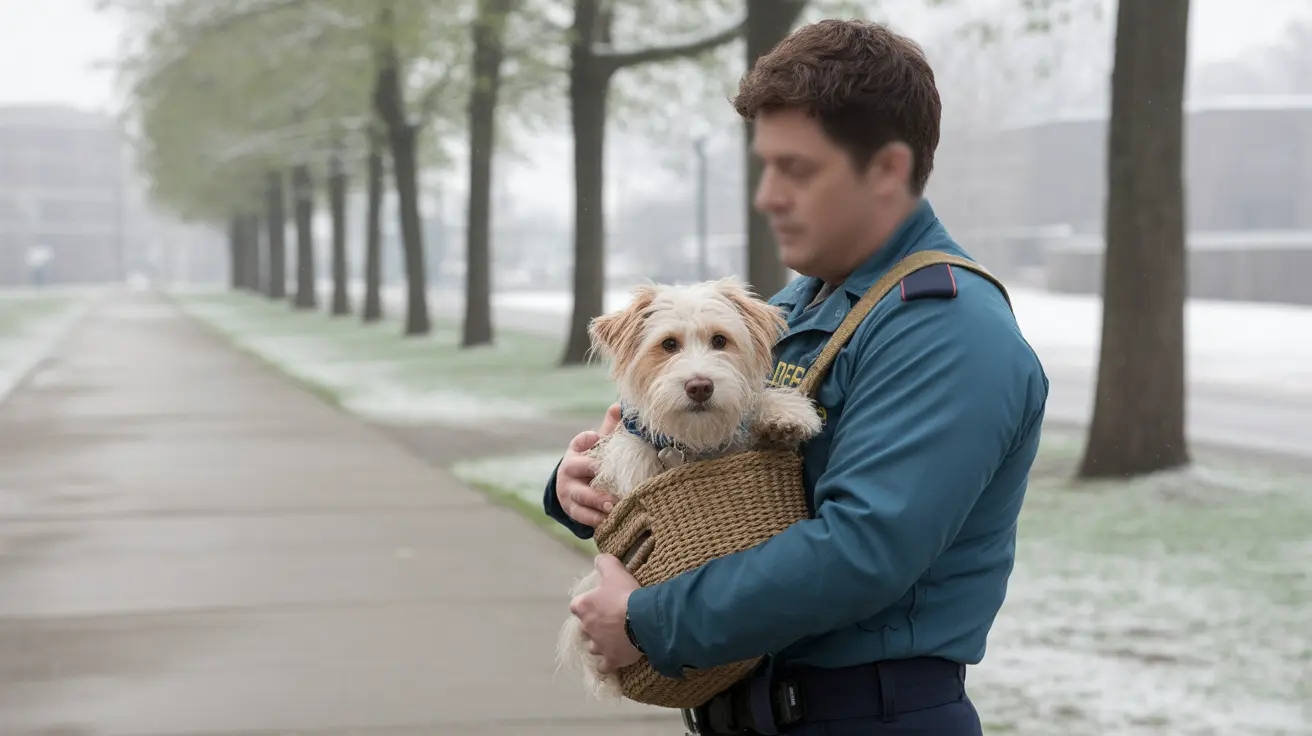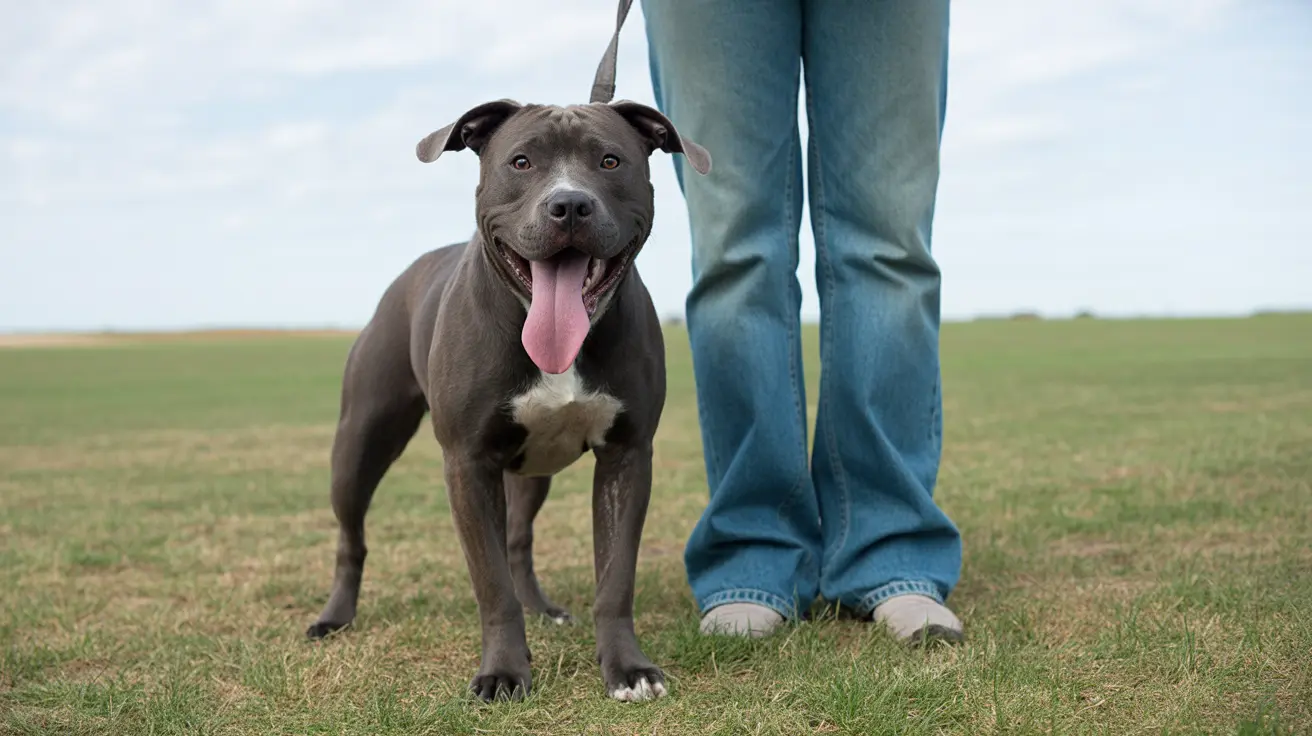Can Black Beans Help with Dog Constipation?
Many pet owners are interested in incorporating healthy, human-grade foods into their dogs’ diet to support digestion and overall wellbeing. One commonly discussed addition is black beans. But can black beans help with dog constipation? The short answer is: yes, when prepared and served properly, black beans can contribute positively to a dog's digestive health due to their fiber content.
Why Fiber Matters for Dogs
Dietary fiber plays a critical role in maintaining gastrointestinal health in dogs. Fiber adds bulk to the stool, helping it pass more easily and efficiently through the digestive tract. Insoluble fiber, in particular, assists with bowel regularity, while soluble fiber can support the growth of healthy gut bacteria.
Black beans contain a good amount of both types, making them potentially effective in easing occasional constipation.
Nutritional Benefits of Black Beans for Dogs
Black beans are a nutrient-rich legume packed with:
- Fiber – Supports digestion and stool regularity
- Plant-based protein – Provides energy and supports muscle health
- Vitamins C and K – Contribute to immune system and bone health
- Iron, potassium, and magnesium – Support muscle function and cellular health
- Low fat content – Helps prevent weight gain
How to Safely Offer Black Beans to Dogs
To gain the digestive benefits of black beans without causing harm, proper preparation is essential. Here’s how to safely serve them:
- Soak dried black beans overnight—this reduces natural toxins like lectins and aids digestibility.
- Boil until fully soft—thorough cooking breaks down tough fibers and destroys harmful compounds.
- Serve plain—do not add salt, spices, oils, onions, or garlic.
- Avoid canned beans that contain sodium or flavorings.
- Feed in moderation—start with a teaspoon for small dogs or up to half a cup for large dogs.
Warning Signs and Dosage Tips
While black beans are safe when cooked and plain, overfeeding or improper preparation can result in digestive upset. Symptoms to watch for include:
- Gas or bloating
- Vomiting
- Diarrhea
- Lethargy or behavioral changes
If these symptoms appear, discontinue use and consult a veterinarian. Always introduce any new food gradually and monitor for adverse reactions.
Black Beans and Puppies
Puppies have sensitive digestive systems, so if you’re considering adding black beans to their diet, do so cautiously. Offer a tiny amount of plain, cooked bean and watch carefully for signs of an upset stomach. For both adult dogs and puppies, beans should never replace meat or be a primary protein source.
Other Bean Options for Dogs
Besides black beans, there are other legumes that may support dog digestion when prepared properly:
- Green beans (particularly recommended by some vets)
- Kidney beans
- Garbanzo beans (chickpeas)
- Lima beans
- Navy beans and butter beans
- Edamame and soybeans
However, some types such as broad beans or fava beans are not recommended due to potential toxicity or poor digestibility.
Balanced Feeding Guide
To support a dog’s health and digestion, follow these tips:
- Beans should be an occasional treat—once a week or less is ideal.
- Do not feed raw beans—they contain lectins and other anti-nutrients.
- Mix with regular dog food—do not make beans the main dish.
- Always check for allergies—especially when feeding new foods.
Conclusion
Black beans can help with dog constipation thanks to their high fiber content, but only when properly prepared and offered in moderation. Avoid canned or seasoned varieties, and always cook them thoroughly. Start small and watch for digestive responses to ensure your dog tolerates them well.
As with any dietary change, especially when addressing health concerns like constipation, it’s best to consult your veterinarian before introducing new foods. When used correctly, black beans can be a simple, healthy addition to your pet’s menu that supports digestive health and regularity.





